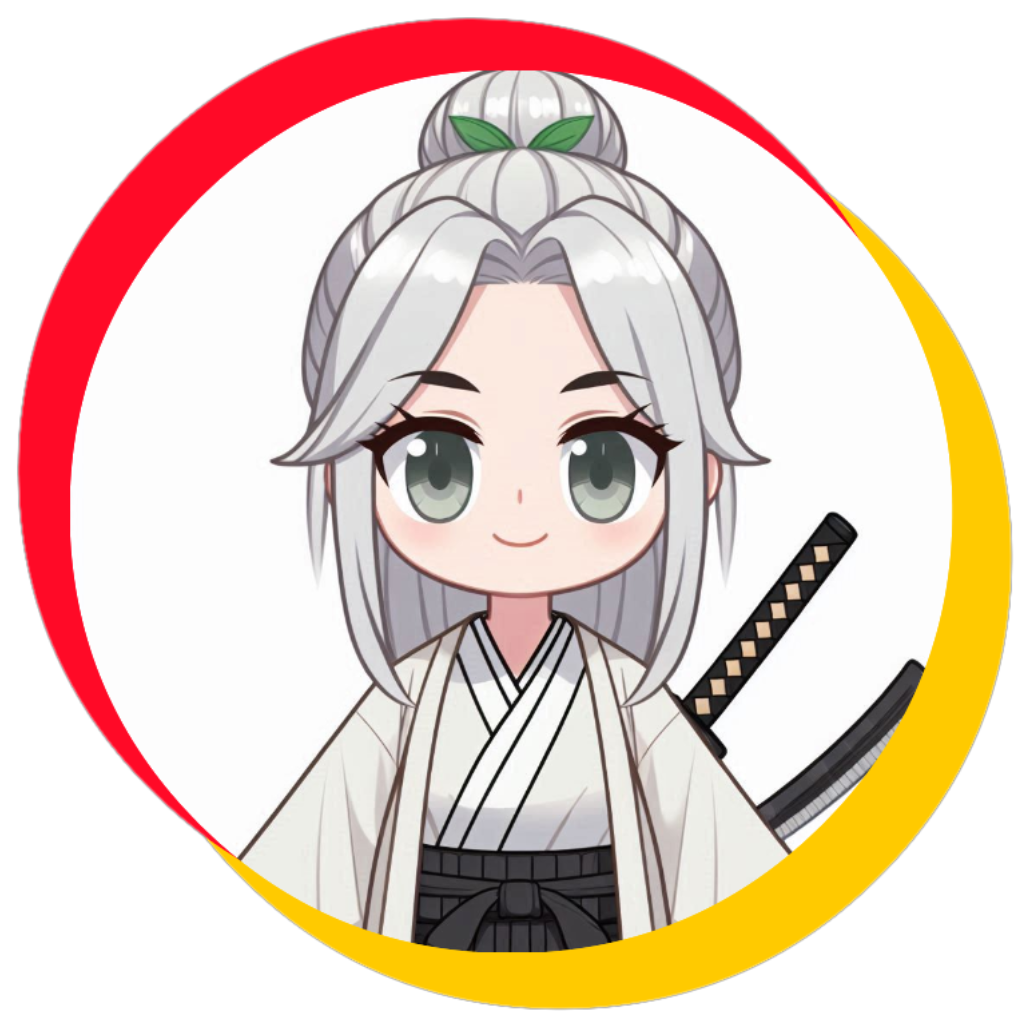Coffee with Glen S. Fukushima: A lesson in generosity, mindfulness, and legacy
Last week, I had the extraordinary privilege of sharing a quiet cup of coffee with Glen S. Fukushima. To say I was honored would be an understatement. Here is a man whose resume reads like a blueprint for global impact: former Deputy Assistant U.S. Trade Representative for Japan and China, two-term president of the American Chamber of Commerce in Japan, senior fellow at the Center for American Progress, and vice chairman of the Securities Investor Protection Corporation. Yet, despite his towering achievements, Glen made time for someone like me. That gesture alone speaks volumes.
What struck me most was not just his intellect or his deep understanding of U.S.-Japan relations, though both are formidable, but his presence. Glen listens with intention. He speaks with clarity. He embodies a kind of mindfulness that feels rare in today’s fast-paced world. It reminded me that true leadership isn’t just about titles or accolades; it’s about how we show up for others.
Glen’s contributions to U.S.-Japan relations are profound. He has been instrumental in shaping trade policy, opening Japanese markets to American industries, and fostering mutual understanding between these two nations. His work has helped bridge cultural and economic divides, and his insights continue to guide policymakers and academics alike.
But what truly moved me was learning about his philanthropy. Glen has given generously to education and the arts, including a historic $1 million donation to the Fulbright Program in Japan: the largest single private gift in its history. He followed that with a $3 million donation to Deep Springs College, a tiny, transformative institution that shaped his early intellectual journey, as well as a $1 million donation to the Japan-America Student Conference. And more recently, a $300,000 donation to a documentary film project tracing the 150-year history of US-Japan baseball and a $200,000 donation to a documentary film on the life and work of Osamu Tezuka, the “Father of Manga.” He’s also supported museums, classical music programs, Japanese language studies, and even political action groups that uplift Asian American voices.
In our conversation, Glen spoke about the importance of giving back, not just financially, but with time, mentorship, and care. He believes in cultivating the next generation, in nurturing curiosity, and in preserving the cultural richness that makes societies thrive. His life is a testament to the idea that success is not just personal, it’s communal.
As I walked away from our meeting, I felt inspired and grounded. Glen reminded me that role models don’t just lead; they elevate others. They make space. They listen. They give.
And maybe, just maybe, they also make time for coffee.


